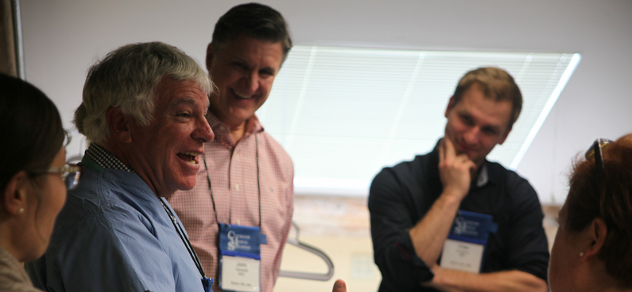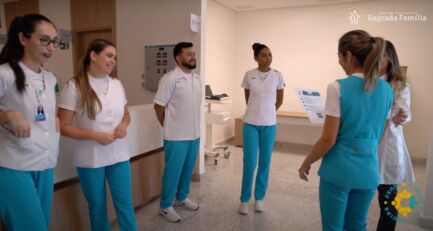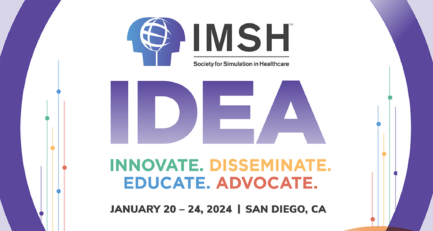
Have you ever had a real emergency occur during a simulation scenario? What can a simulation technician, instructor, or faculty member say to alert participants and evoke a response? Dan Raemer, Chief Curiosity Officer at the Center for Medical Simulation, shares his personal experience with having real-life emergencies happen while in or around sim, and how to safely respond to those events:
“Over twenty-five years of simulation, I have had a number of situations where something untoward has happened during a session that was confusing to participants and even staff.
(1) For example, a participant had a seizure during our orientation session and no one knew if she was part of some sort of simulation.
(2) I have had a participant suffer a cardiac dysrhythmia during a debriefing session and ask us to call 911. Several participants thought it was some sort of tricky simulation situation and some of our simulation staff thought the event was concocted by one of our faculty without telling them. There certainly was a delay in calling emergency services.
(3) We had a fire in our building and everyone evacuated except for a trainee who thought it was an ethical dilemma around abandoning a patient. The arrival of several firefighters into the simulated operating room convinced him otherwise.
(4) There have been several participants who have had an emotional moment due to an unrelated life event triggered by a simulation or debriefing discussion. Participants asked me if the person was acting and part of the simulation.
(5) We had a visitor suffer a hypoglycemic collapse in the elevator across the hall from our simulation facility during a bathroom break. I simply could not convince our course participants that she was not part of our session! EMS arriving and taking her away finally carried the day.
(6) I can think of three or four vaso-vagal reactions of junior trainees or lay visitors and a number of sticks, sprays, and stumbles as well.
While I am probably not remembering other situations, I can say with certainty that the lines between simulation and real-life events can be blurry!
For several years now, we use the phrase, ‘This is not a simulation’ in all of our courses. Importantly, in the introduction, we give an illustrative example as above and say, ‘we will not joke around about these words.’”
Dan’s response originally appeared in the Society for Simulation in Healthcare’s open online forum, SimConnect.

